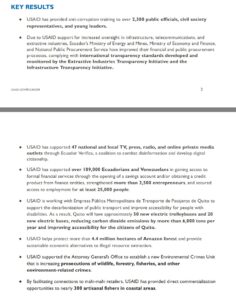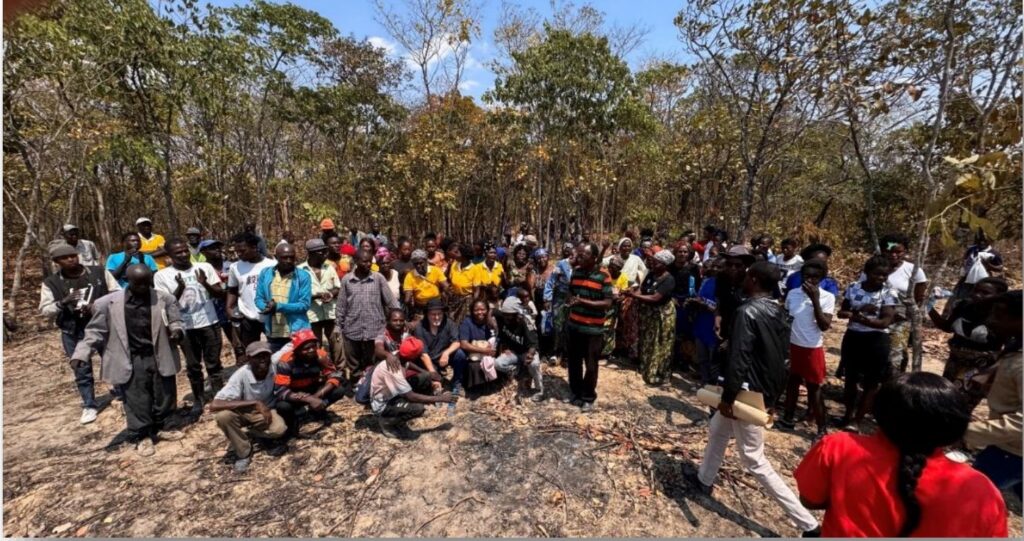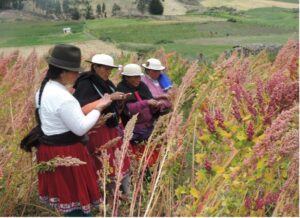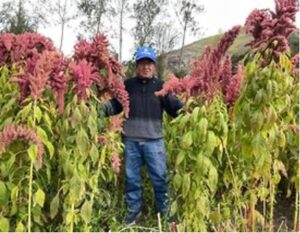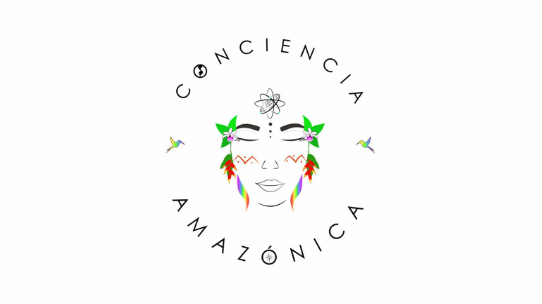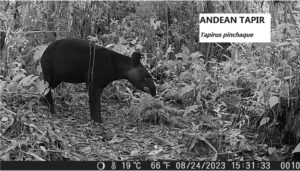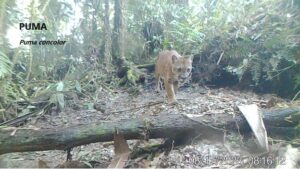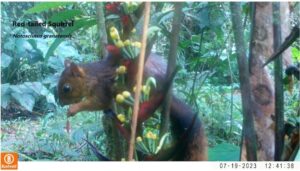EMERGENCY NEWS – USAID Dismantled, Litigation Pending
If you are following the news, you know that the Trump administration has ordered a 90 day freeze on foreign assistance and proposed dismantling USAID, diminishing the staff from more than 10,000 around the world to 290, all in Washington. They would like to fold the rump USAID organization in to the State Department. They are trying to put all staff on administrative leave and bring them and their families back to the US within the next month. This is all a result of Elon Musk’s having been listening to far right influencers on X, some of whom have received information influence operations. Musk has said USAID is evil and must be closed.
Secretary of State Marco Rubio has offered humanitarian waivers for life-saving programs like PEPFAR, the President’s Emergency Plan for AIDS Relief. However, those waivers require individual organizations to fill out specific paperwork and to liaise with USAID staff who have been put on administrative leave and are cut off from emails. Funding from State and CDC for PEPFAR had not resumed. These waivers, even if enacted, do not cover all services, and it is not clear that the organizations can survive this delay.
The order to put staff on administrative leave has been litigated and stayed by a judge on Friday Feb 7, but it is not clear that order will be obeyed.
Hundreds of thousands of tons of food aid is rotting in ports, $500 million worth, which could feed as many as 36 million.
Peace Corps has a separate line item of funding but works closely with USAID in countries around the world on programs in health and agriculture. USAID only recently returned in 2020 to Ecuador after a six year hiatus. The USAID website has been taken offline. A web archive of the site can be found here. The March 2024 country statement of work is here, which emphasizes that USAID was working on governance, economic inclusion, energy and environmental priorities, and citizen security.
Some key results were featured:
Peace Corps Ecuador has not yet responded to our inquiries how this has affected their work.
This outrageous turn of events is illegal and immoral. USAID cannot be dismantled except by an Act of Congress. Congressional appropriated programs cannot be be zeroed out through executive action by the President. Congress under Article 1 of the Constitution has the power of the purse. Both of these moves are likely illegal and unconstitutional.
These observations suggest that the United States is in a constitutional crisis. If you are so moved, you may want to contact your members of Congress to resist this attack on foreign assistance and U.S. democracy. There are tools out there such as 5 calls.
Below is a more detailed letter that Friends of Ecuador President directed to Senator John Cornyn of Texas.
LETTER TO SENATOR JOHN CORNYN
I wanted to thank the Senator again for his support for PEPFAR and look forward to his continued robust support.
Here is a set of materials that you might find useful to share with the Senator. They are both available here on a Box file link, as a zipped attachment, and with individual links to news articles.
There are both substantive reasons and process-based reasons why dismantling USAID and ending PEPFAR are bad ideas.
SUBSTANCE
Shuttering PEPFAR and USAID would be a catastrophic national security error, leaving the playing field to our adversaries. We should be providing more foreign assistance not less. Foreign assistance represents less than 1% of the federal budget but provides important benefits to our national security and to Americans and provides important services to millions of people around the world. More than half of the $40 billion USAID budget is dedicated to global health programs that help keep Americans safe from infectious disease like bird flu and Ebola.
Withdrawing all 10,000+ USAID officials from the field and reducing staff down to 290 staff all in Washington is what a country would do when it lost a major war, except we haven’t. It would be a self-inflicted wound. It is leading to chaos, putting at risk the lives of our foreign service officials who are now cut off from access to services that keep them safe in the field. If this reduction goes through, USAID will have 8 people in DC covering Asia. You cannot counter China with 8 people in Washington.
Our national security is at risk if we close USAID. The United States is the leading provider of foreign assistance to fragile states like Colombia who could fall back into conflict again without support. We have spent $1.7 bn since 2017 in development and security assistance to help Colombia emerge from a civil war against narco-gangs. Colombia has also accepted millions of Venezuelan migrants. If Colombia goes the way of Venezuela, more migrants will come to America.
Ending PEPFAR and USAID is immoral and hugely damaging to US credibility. PEPFAR is President George W. Bush’s signature achievement of George W. Bush and it is now at grave risk. 20 million people are on lift-extending drugs provided by PEPFAR which prevents HIV developing into full blown AIDS and killing them. Without those medications, they will ultimately die.
Secretary Rubio’s humanitarian waivers for PEPFAR from the spending freeze are not working because organizations are unable to liaise with USAID staffers who have been put on leave and cut off from email. Spending from USAID and CDC for PEPFAR has also not re-started. In addition, there is considerable confusion about what services qualify for the waiver as anti-retroviral services are often accompanied by nutrition and other services that may or may not qualify.
The freeze has also disrupted more than 30 clinical trials, forcing stop work on patients implanted with medical devices. One of those clinical trials was on a cure for AIDS.
American farmers also stand to lose from shuttering USAID. In 2020, the US government purchased more than $2.1 billion in surplus agricultural products from US farmers to support food assistance internationally. Hundreds of thousands of tons of food – worth $500 million enough to feed 36 million – have already been purchased and are stuck at ports around the world and are risk of spoilage. Texas farmers, firms, and universities (including Texas A&M, Texas Tech, among others) also stand to lose as many of them have contracts with USAID to provide services and support research on breakthroughs in medicines and agriculture.
PROCESS
Congress has the power of the purse through Article 1 of the Constitution. Funds have already been appropriated for programs. The executive can not unilaterally decide what programs to fund. USAID is also supported by Congressional statute. A recent report from the Congressional Research Service concludes that the Executive does not have the power to unilaterally close USAID and put it under the auspices of the State Department. This is likely one of the reasons why a court order today put a stay on the decision to dismantle USAID and put thousands of USAID workers on administrative leave.
While further efficiencies at USAID may be needed and some programs may need to be cut, this is a decision for the Congress to make going forward, not one for the Executive, supported by an unelected temporary employee in Elon Musk, to make unilaterally. If the Executive can decide what programs to fund after Congress has already appropriated the funds, this vitiates the role of the Legislative Branch, making it almost entirely superfluous. This is a Constitutional crisis and the Legislative branch needs to defends its responsibilities.
Even if we were to embrace the notion that USAID needs significant reform, abruptly shutting off programming and pulling back USAID staff precipitously is not the way to do it. This is about the worst way one could possibly try to restructure the program. Indeed, PEPFAR was already in the process of trying to shift to more country ownership of programs so that they would be self-funded by the countries themselves. This will likely cause all or most of them to fail abruptly.
I appreciate your consideration of these points, and I would be happy to answer any further questions.
Sincerely,
Josh Busby
Professor, LBJ School of Public Affairs
University of Texas-Austin
EMERGENCY NEWS – USAID Dismantled, Litigation Pending Read More »


